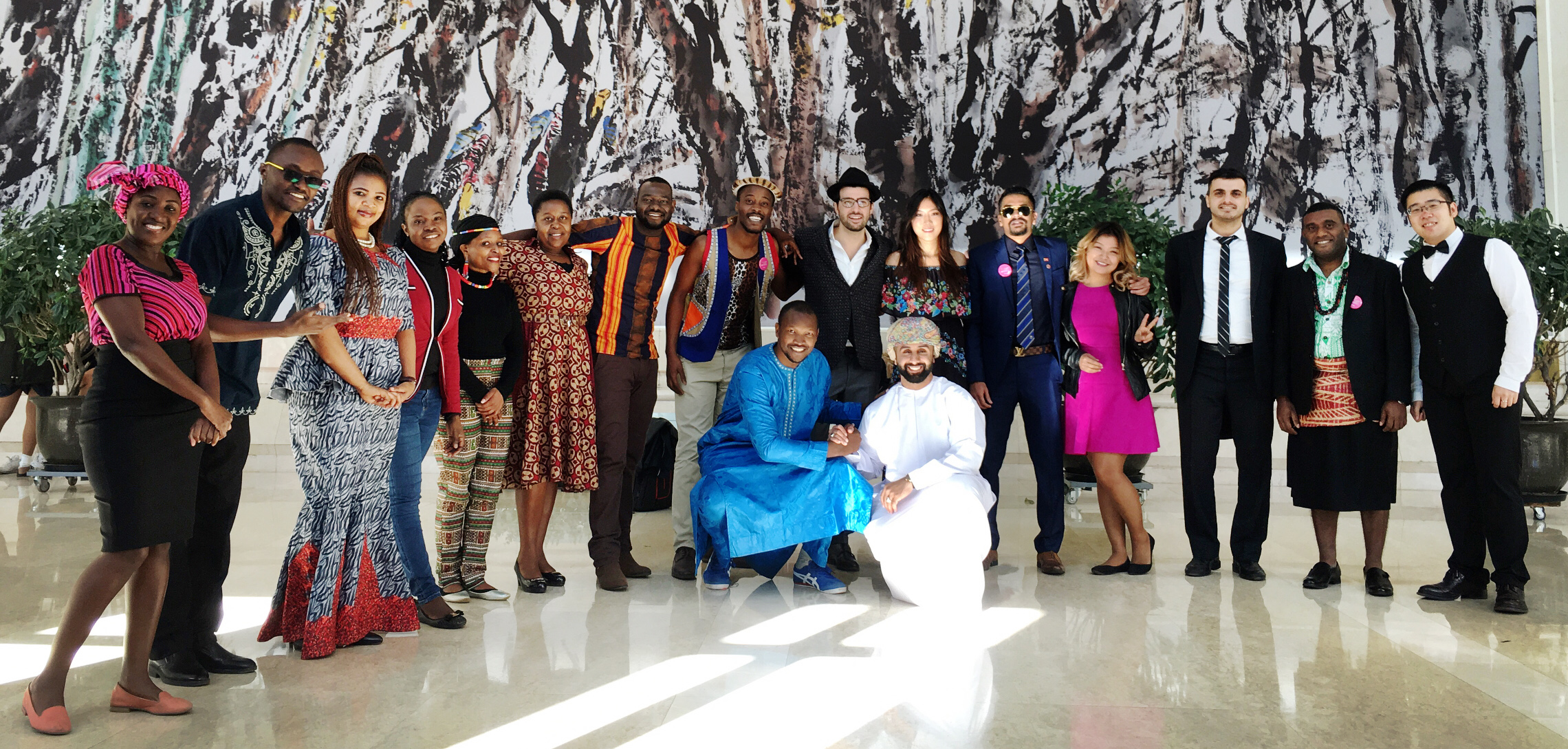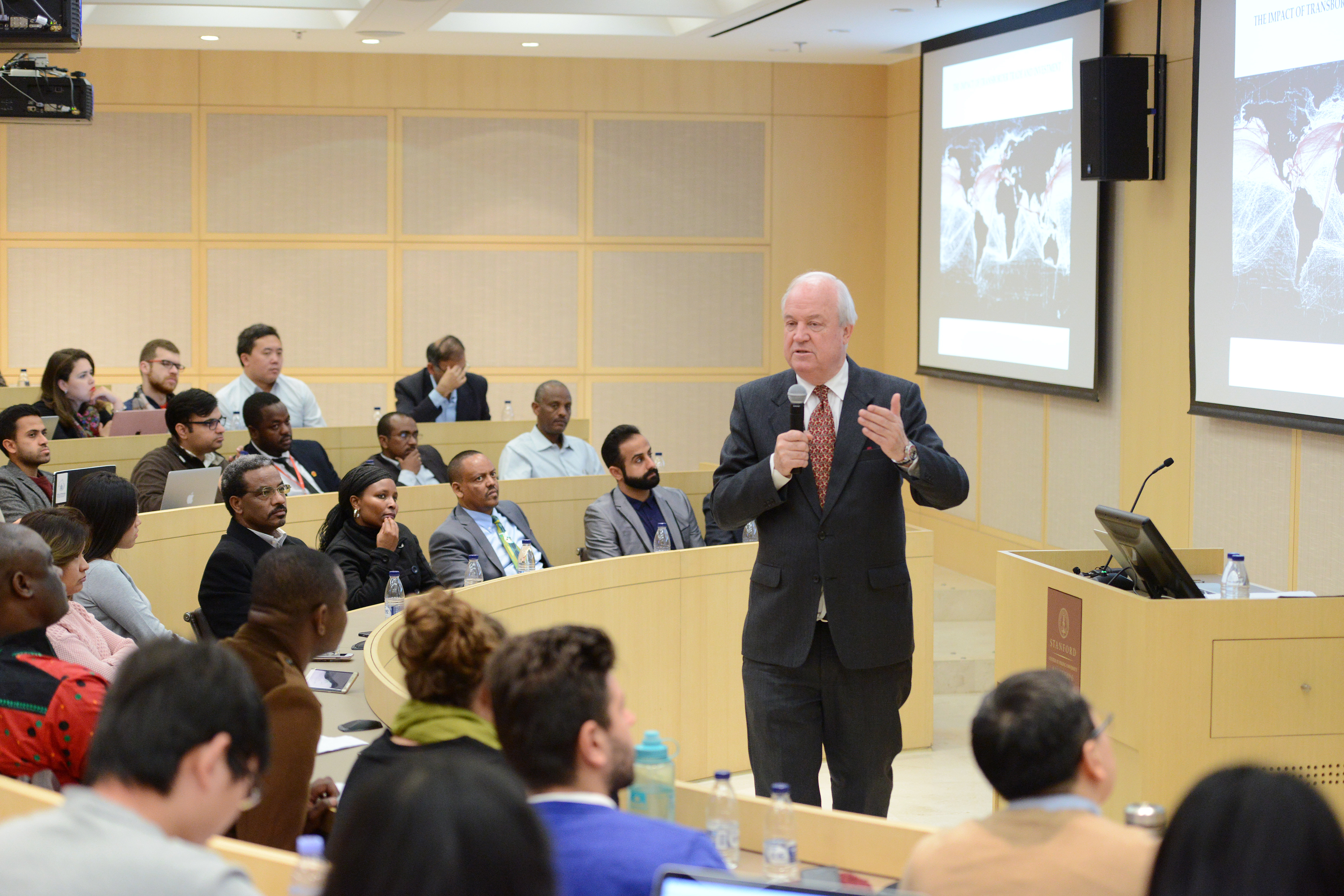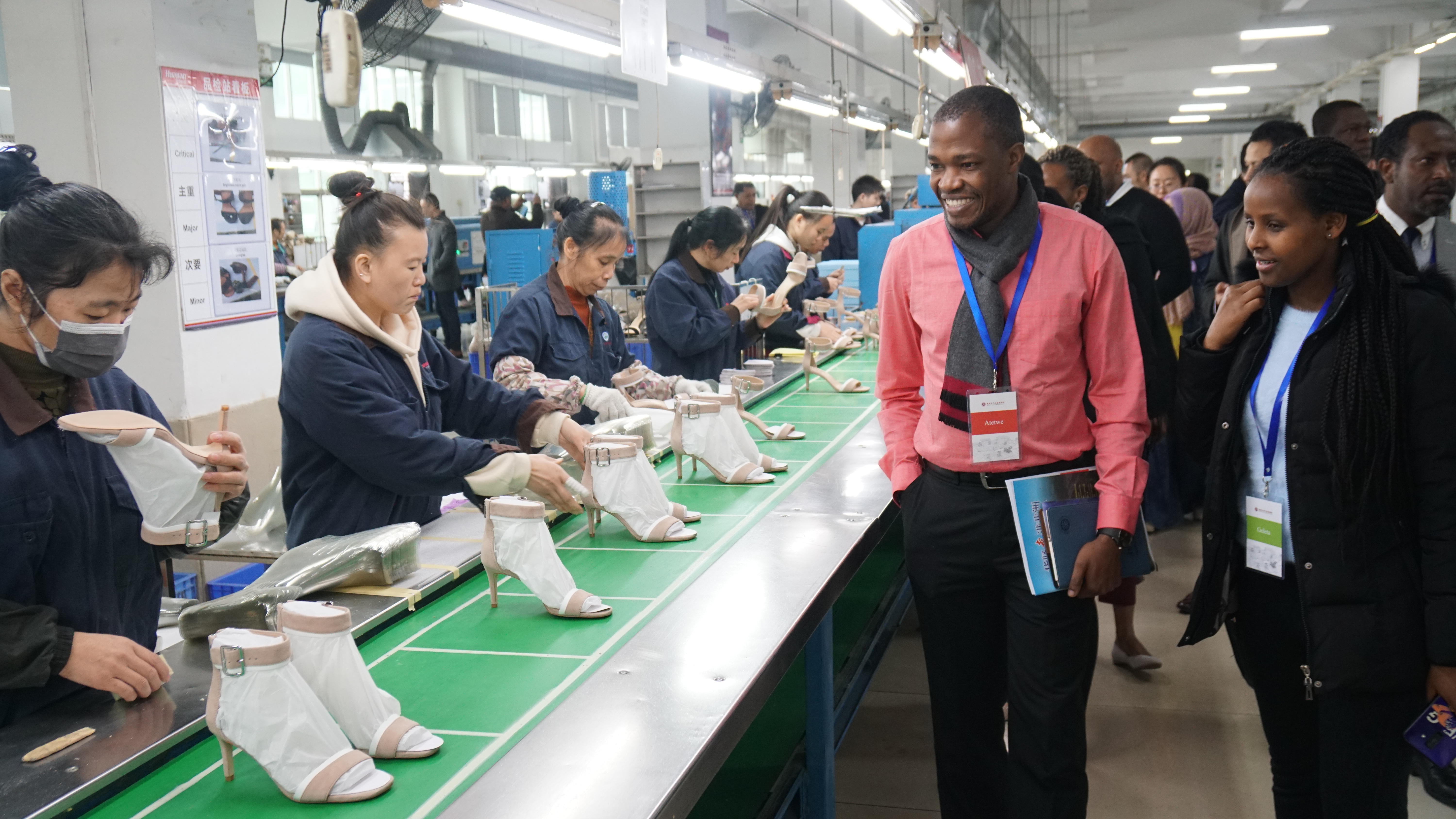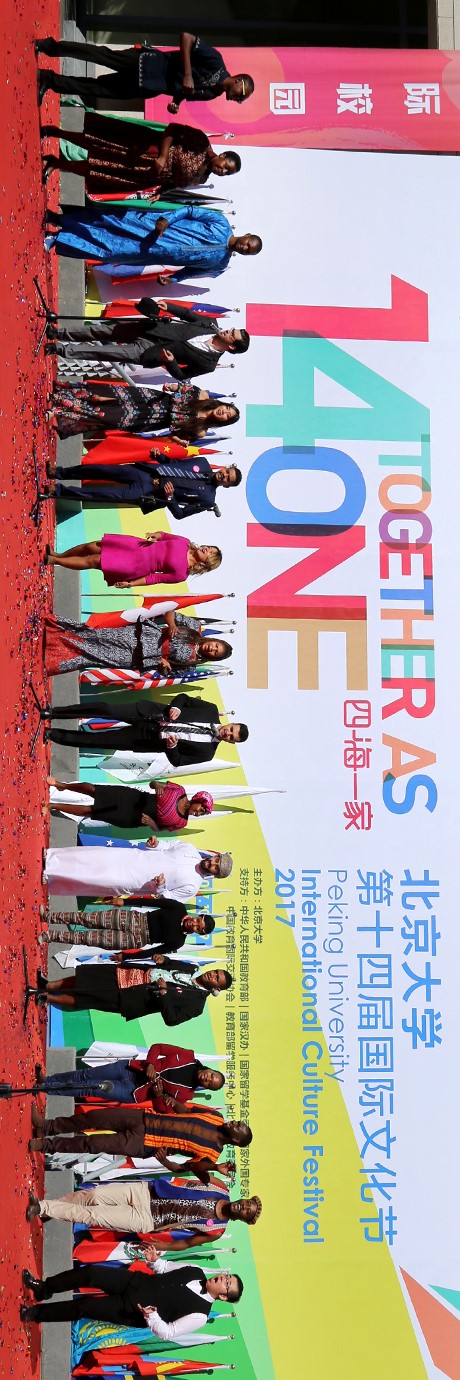 Institute for South-South Cooperation and Development (ISSCAD)
Education for Sustainable Development and Global Citizenship
Institute for South-South Cooperation and Development (ISSCAD)
Education for Sustainable Development and Global Citizenship

Challenges
Among the greatest challenges facing the Global South today are the eradication of poverty and inequality and the need for sustainable development. Since a knowledge-based economy and society have become vital drivers of development, education plays an ever more important role in the preparation of high-quality human capital for developing countries, especially for least developed countries (LDCs). However, lack of good quality of education, Global South countries are in urgent need of educated elites who can devote to the development of their nations.
Towards a Solution
On 26 September 2015, at the United Nations, Chinese President Xi Jinping announced that China would establish an Institute for South-South Cooperation and Development (ISSCAD). With strong support from the Ministry of Commerce, the Ministry of Education and the Ministry of Finance and relying on Peking University’s solid strength in the humanities and social sciences, ISSCAD was officially established on 29 April 2016. ISSCAD is a national-level example of China's participation in South-South cooperation that has clear development goals for human and social development in education and training.
ISSCAD is a new educational platform devoted to promoting equitable, inclusive, and sustainable growth by sharing knowledge and experience on matters of public leadership and national development, with developing and especially LDCs. Through education and training, ISSCAD builds an effective learning community for the Global South and contributes to their effective integration into the world economy. By contributing towards the Sustainable Development Goal (SDG) 4 in enhancing quality education, ISSCAD is a leader among institutions of higher education It prepares students for transnational careers in the public, private, and non-profit sectors, and it offers a customized curriculum integrating practical and theoretical approaches so that graduates can apply their learning and contribute to the economic, social, and environmental development in their own countries.
The long-term goal is to build a training base for developing countries’ most talented young people in a national development research institution. In ISSCAD’s dynamic global exchange platform, students are able to share the experiences of national development between developing countries, strengthen international cooperation, and contribute to the construction of a community with a shared vision for mankind.
The core faculty of ISSCAD is from Peking University, which has an established reputation both an outstanding academic institution and as a policy think-tank in China. The core faculty is supported by selected faculty and professional associates from other schools and departments within Peking University and beyond, the purpose being to nurture a vibrant interdisciplinary learning environment that encourages intense inquiry, open dialogue, and cross-cultural learning, which serve as a bridge between theory and practice.
As well as developing an extensive national development degree curriculum, ISSCAD has also carried out research in four sustainable development areas: agriculture and poverty reduction; education and innovation; public health; and climate change and environmental protection. ISSCAD offers both degree and non-degree executive education programmes.
Students are carefully selected from a pool of Global South applicants who meet the institute’s admission requirements. The most outstanding students and students from LDCs are financially supported by ISSCAD. Regular courses are supplemented by fieldwork and workshops in various domains (such as education and poverty reduction, population and public health, social security and public safety, urban development and land reform, energy and environment, industrial upgrading and technological innovation, and global governance and foreign policy). As well, students are expected to develop knowledge and understanding in cross-disciplinary fields for actions appropriate for local or context-specific conditions.
ISSCAD creates an innovative educational space to examine the success and challenges experienced in China and other developing countries, and to exchange good practice between them. The ISSCAD “good practice” model is sustainable as a formal educational institute and is a model that could be replicated and adapted in other Global South countries who aim to create an educational institute to strength South-South cooperation through education and training. Because of the COVID-19 pandemic, admitted students from the Global South had to engage in the programme virtually from their homeland. However, some have encountered internet connection problems which may have impacted their learning. Additionally, ISSCAD had to accommodate students from different regions and different time zones for online teaching and learning during the pandemic.
Contact Information
Countries involved
Supported by
Implementing Entities
Project Status
Project Period
URL of the practice
Primary SDG
Primary SDG Targets
Secondary SDGs
Secondary SDG Targets
Similar Solutions
| NAME OF SOLUTION | Countries | SDG | Project Status | |
|---|---|---|---|---|
A Billion Brains: Smarter Children, Healthier Economies High Level Meeting on South-South Cooperation for Child Rights |
Global | 17 - Partnerships for the Goals | Completed | View Details |
ACP Business-friendly Supporting business-friendly and inclusive national and regional policies, and strengthening productive capabilities and value chains |
Global | 08 - Decent Work and Economic Growth 17 - Partnerships for the Goals | Ongoing | View Details |
Adaptation for Smallholder Agriculture Programme Establishing better working conditions for smallholder farmers through the use of good practices and new technologies |
Global | 08 - Decent Work and Economic Growth 11 - Sustainable Cities and Communities 13 - Climate Action 15 - Life on Land | Ongoing | View Details |
Addressing the Philippine Dairy Sector Challenges Exchanging knowledge between Argentina and the Philippines to improve Philippine local dairy production |
Global | 08 - Decent Work and Economic Growth 17 - Partnerships for the Goals | Ongoing | View Details |
Addressing the Transboundary Dimensions of the 2030 Agenda through Regional Economic Cooperation and Integration in Asia and the Pacific Promoting co-deployment of ICT and transport infrastructure corridors in Central Asia region |
Global | 09 - Industry, Innovation and Infrastructure 13 - Climate Action 17 - Partnerships for the Goals | Completed | View Details |




